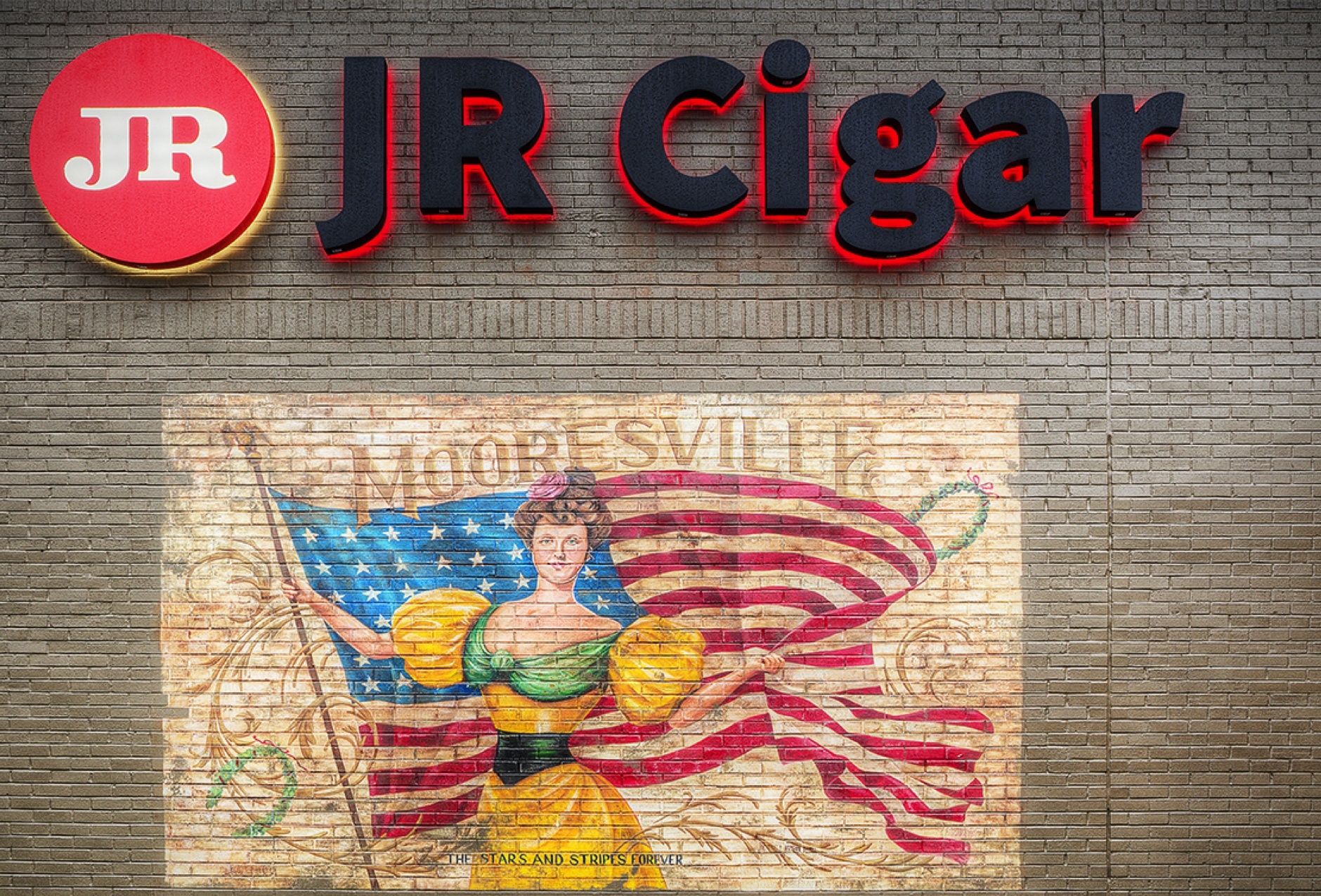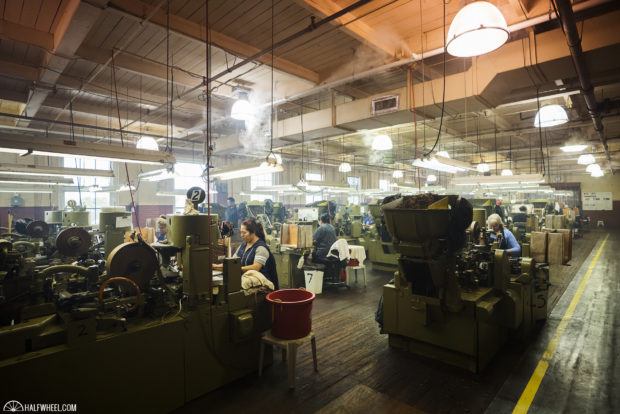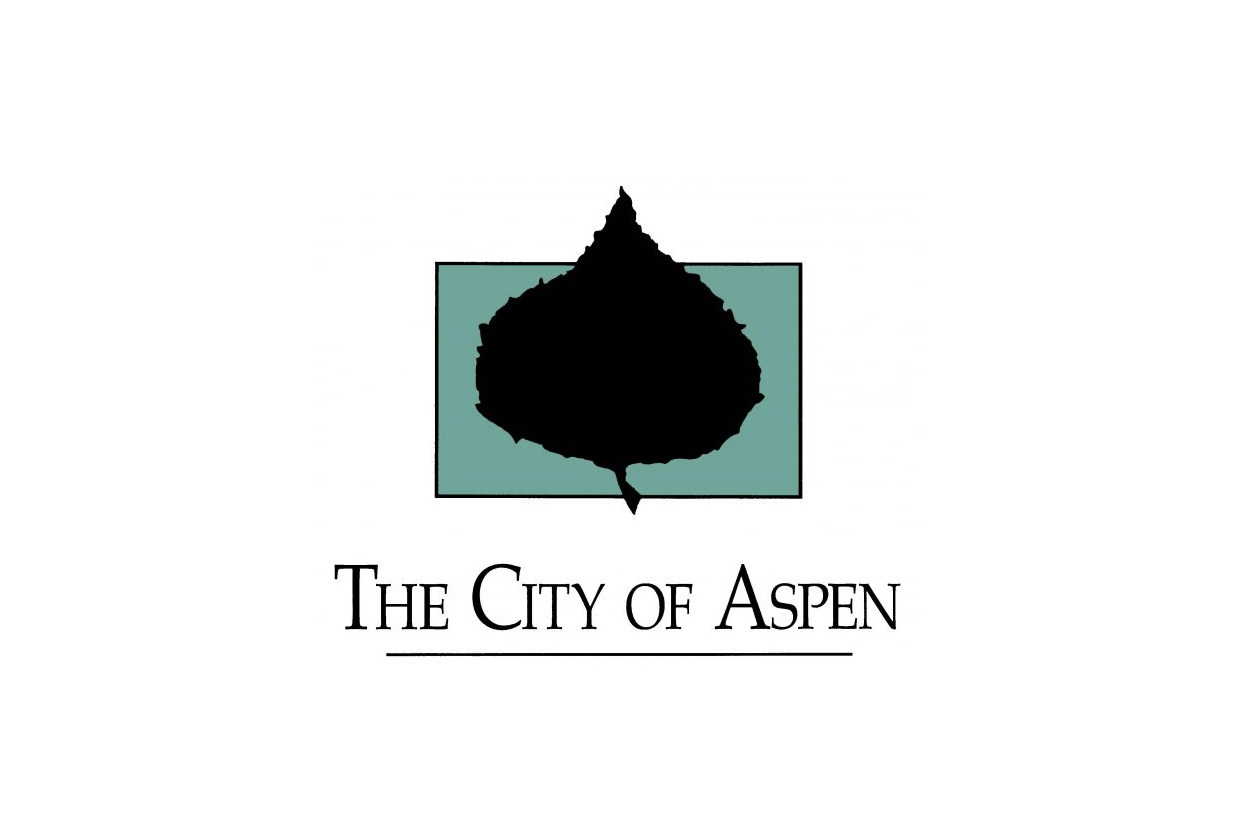Earlier this week, the U.S. House of Representatives Subcommittee on Health passed H.R. 2339, the Reversing the Youth Tobacco Epidemic Act of 2019.
The bill includes a lot of new restrictions on cigars and other tobacco products that, if passed, would cripple the cigar industry. It’s the most comprehensive proposed set of restrictions for cigars and other tobacco products I can recall and most, if not all, of it seems targeted at e-cigarettes and vaping products. Unfortunately—as is often the case—the cigar industry is caught up in it.
Fortunately, it seems unlikely that H.R. 2339 will become law; but, it’s worth understanding what potential future restrictions and there will be some interesting takeaways to how H.R. 2339 progresses, even if it never passes.
THE BILL HAS A LONG WAY TO GO BEFORE IT BECOMES LAW
We are on step two, maybe even step one of this bill becoming law. The House subcommittee passed it, meaning that it still needs to go before a House Committee and get approved, then to a vote in the full U.S. House of Representatives and then it has to go to the Senate, where it could either be passed in a simple manner, or the Senate could make a number of changes that would need to go back to the House for a vote, etc.
And then would need to be signed by the president and then it would become law. Most of the provisions in the bill wouldn’t take effect for two years, not including any delays from lawsuits or the U.S. Food & Drug Administration (FDA) itself.
BUT IT WON’T PASS THE SENATE
I don’t see a scenario where this bill, or really any bill that includes most of these proposals, passes this Senate.
While I could see the U.S. House of Representatives passing some form of the bill, probably a bit watered down; I don’t see the Senate even voting on it.
Earlier this year, Senate Majority Leader Mitch McConnell. R-Ky., proposed his own minimum tobacco purchasing age increase—something that is included in H.R. 2339—his bill includes only that and none of the controversial parts of H.R. 2339. But many were skeptical—something McConnell even acknowledged—that he was even in favor of passing Tobacco 21 legislation and the skeptics were right. Despite being one of the two most powerful people in Washington, McConnell hasn’t done anything to try to get his bill out of committee, let alone voted on.
No person is more important to passing legislation in America as McConnell. The Senate Majority Leader gets to set the schedule for the Senate, i.e., he decides what gets voted on. And McConnell has used that power with unprecedented effect. Earlier this month, Rep. Hakeen Jefferies, D-N.Y., said there were more than 250 bills that have passed the House but had not been voted on in the Senate.
That’s almost certainly what would happen here. While McConnell might not be the most pro-cigar legislator in Congress, he certainly isn’t a favorite of the anti-tobacco groups that are championing H.R. 2339.
And even if it got to a point where the Senate was voting on this bill, one of two things would have happened. Members of Congress from both chambers and both parties would have either: a. watered the bill down enough that big tobacco would let the bill go through, or b. added so many toxic amendments to the bill that Democrats would be forced to reconsider their approach.
WHY WE ARE HERE
E-cigarettes and vaping products.
If you decided to watch the hearing before this bill passed you would have likely been bored, but also realized that this isn’t about cigars, it’s about vaping products. As you’ve probably heard, recently there have been deaths and serious illness associated with vaping products; combine those concerns with the underage usage of vaping products, notably Juul, and there’s more pressure than ever on Congress to act.
For better and worse, tobacco-related products are largely grouped into two categories: cigarettes and smokeless tobacco (which are subject to one set of much stricter rules) and everything else.
At times, members of the subcommittee looked like stereotypical Congressmen talking about things they may not fully understand—my personal favorites were the members wanting to introduce tougher restrictions for (black market) marijuana vaping products, even though marijuana is still illegal on the federal level—though it’s understandable why Congress would want to try to introduce stricter laws regarding e-cigarettes and vapes.
Largely due to the complex system of regulation—Congress passes laws, tasks FDA with carrying out the regulations, FDA develops the specifics of regulations, companies sue over the regulation—things move slowly, and members of Congress feel it’s too slow.
It’s worth pointing out before you read the rest of this post, everything below—except the cigar exemption—applies to tobacco products other than premium cigars. These restrictions would apply to mass market cigars like Swisher Sweets, pipe tobacco, hookah tobacco and of course, e-cigarettes and vaping products.

BANNING ONLINE/PHONE SALES OF CIGARS
The most crippling portion of the bill, as far as the cigar industry is concerned, would be its “prohibition against remote retail sales,” i.e., banning the sale of cigars and other tobacco products over the internet or phone. If H.R. 2339 is passed, all online, catalog and phone sales would be banned. Anything that is a non-face-to-face transaction would be deemed illegal.
Over half of the cigars by volume are sold through the large catalog companies.
A lot of those cigars are sold at the retail locations of companies like Cigars International, JR Cigar and others; but most of the sales are done online. That would extend to the next subset of retailers like Atlantic Cigar Co. and Two Guys Smoke Shop, all the way to the small brick and mortar stores that don’t even have a website but are willing to take orders over the phone.
No one has any concrete data of whether the sales are 60/40 percent to the catalog stores compared to brick-and-mortar, but it’s probably somewhere around there.
And for those in the minority that have sworn off buying cigars online or over the phone who think this might be a good thing, as I’ve argued before, anything that even hurts online sales will cause the cost of cigars to go up, ultimately hurting brick-and-mortar stores. And all of those scenarios have been in the idea of just hurting online sales, not banning them altogether.
For context, non-face-to-face sales of cigarettes and smokeless tobacco are already banned due to the PACT Act.

A BAN ON FLAVORED TOBACCO
There’s probably some debate about what the next most problematic part of H.R. 2339. would be for the cigar industry, but I would argue the ban on flavored tobacco is clearly the next big problem.
While halfwheel’s consumer audience probably overwhelmingly wouldn’t be affected by a ban on flavored tobacco, the portion of our audience that works in the cigar industry would certainly be affected.
As a reminder, most cigar companies have an interest in flavored tobacco:
Flavored cigars have a large impact on the U.S. premium cigar market. It’s widely believed that ACID Blondie and Java by Rocky Patel are amongst the top five best-selling individual SKUs for premium cigars.
Other companies such as Miami Cigar & Co. (Tatiana), Davidoff of Geneva USA (Bacarrat), General Cigar Co. (CAO Flavours), Oliva (NUb Café), Nat Sherman (Host), J.C. Newman (Factory Throwouts), Ted’s and many others have interested in flavored cigars.
And for retail stores, a ban on flavored cigars would be costly. Most cigar shops to do decent business selling flavored cigars and not just to women or younger smokers. Talk to the people at Cigars for Warriors and you’ll find that the troops they send cigars to enjoy ACIDs, a lot.
But just as a ban on online sales would ripple through the industry, a ban on flavored cigars would hurt the supply chain of cigars in a devastating manner. The two of them combined, at the same time, would put a lot of cigar companies and their suppliers out of business.
This would also destroy the pipe tobacco industry.

MOST SWAG BY CIGAR COMPANIES WOULD BE BANNED
The bill also includes the following language, which looks harmless enough:
SEC. 102. ADVERTISING AND SALES PARITY FOR ALL DEEMED TOBACCO PRODUCTS.
(a) In General.—Not later than 1 year after the date of enactment of this Act, the Secretary of Health and Human Services, acting through the Commissioner of Food and Drugs, shall promulgate a final rule amending part 1140 of subchapter K of title 21, Code of Federal Regulations—(1) to apply the provisions of such part 1140 to all tobacco products to which chapter IX of the Federal Food, Drug, and Cosmetic Act (21 U.S.C. 387a et seq.) applies pursuant to section 901(b) of such Act (21 U.S.C. 387a(b)), as amended by section 103(a) of this Act; and
(2) to make such changes as may be necessary for consistency with the amendments made by section 103 of this Act.
(b) Effective Date.—The final rule required by subsection (a) shall take effect on the date that is 2 years after the date of enactment of this Act.
As it turns out, that basically applies some of the restrictions included in the Master Settle Agreement, a landmark 1990s settlement between big cigarette companies and the federal and state governments that introduced a host of new restrictions for cigarettes. The specific restrictions would mean that cigar companies would be heavily restricted in giving out or selling branded promotional items like ashtrays, cutters, lighters, humidors, t-shirts, hats and just about any other physical item you can think of.
Technically, the companies could give out products under a company name, so long as that name isn’t used as part of a product. So, a company like Altadis U.S.A. or J.C. Newman could give out or sell ashtrays branded with their company name, because neither sell cigars using those specific names. However, Davidoff or Tatuaje couldn’t because it brands its cigars with those names.
This restriction is why you don’t see any new Camel or Marbolro ashtrays or t-shirts in the U.S.
It seems likely that this would also apply to a branded cigar lounge at a retail store, though that’s somewhat unclear.

MOST SPONSORSHIPS OF EVENTS WOULD BE BANNED
This is a little bit more complicated, but cigar companies would also be banned from sponsoring events outside of cigar shops. Because the law was written for cigarette companies, it doesn’t really take into account the idea of a cigar store holding an event for a brand, so it seems like that would be legal as currently written.
However, cigar companies would be banned from sponsoring a sporting event (like a charity golf tournament), a concert or musical event or “other social or cultural event.” That presumably could include cigar dinners, maybe even large events like a cigar tent at a beer festival, but that’s not entirely clear.
Once again, there’s a loophole provided for companies to use their company name so long as it’s not the name of the branded products. However, this part of the law would also require companies to have been around since Jan. 1, 1995.
USER FEES MIGHT INCREASE, MIGHT DECREASE
The crash course on user fees is that they are monies paid to the FDA’s Center for Tobacco Products (CTP), the specific part of the agency which regulates tobacco products. This is not something unique to tobacco and the idea is simple: the industry whose products are regulated pays fees to fund the government’s regulation.
The total amount of user fees is a fixed number (currently $712 million annually) set by Congress. That number has been increasing by roughly $30 million per year, but it’s set to stop increasing in FY2020, which has just begun. How much each company pays is proportional to not only the other companies in the industry but also the other industries that are regulated. The exact number is determined based on the amount of excise tax paid.
At the moment, user fees are typically no more than 5 cents per cigar.
H.R. 2339 would increase the total amount of money FDA gets by $100 million, but it would also require e-cigarette and vaping companies to pay user fees. Currently, those companies aren’t subject to user fees because e-cigarettes and vaping products weren’t around when Congress wrote the original law. FDA has repeatedly said that it alone can’t change the law, so Congress will have to act.
My guess is that if only the user fee changes went into effect, the amount paid by cigar companies would decrease, but that’s just a guess. Of course, if all of H.R. 2339 goes into effect as written, the projections would get thrown out the window as various tobacco industries would contract, a lot.
GRAPHIC WARNING LABELS FOR CIGARETTES
I’m not that versed on this particular topic as it doesn’t affect cigars, but H.R. 2339 would try to speed up the process for required graphic warning labels on cigarettes. I think there are other stumbling blocks to this and even those in favor of this indicated they needed to better consult with FDA about this process, but the language is included in the bill.
Once again, this has no effect on cigars.
A CIGAR EXEMPTION
As I mentioned, I don’t think H.R. 2339 passes.
That being said, there is one part of the process that will be very interesting to see play out. Rep. Kathy Castor, D-Fla., proposed adding an amendment that would exempt premium cigars from this bill. The leaders of the subcommittee listened to Castor but then proposed that she withdraw her amendment with the promise that they would look at the issue as part of the next step, i.e. a committee vote. She agreed, meaning the most interesting part of H.R. 2339 for the cigar industry is now these negotiations.
What happens to the amendment will be curious, specifically whether the anti-tobacco members of the committee and the larger tobacco companies that have been opposed to exempting cigars from FDA regulation will allow this amendment to move forward.
To be clear, Castor isn’t proposing an exemption from FDA here—though she has supported that in other bills—rather, this amendment would be to remove cigars from this legislation.



